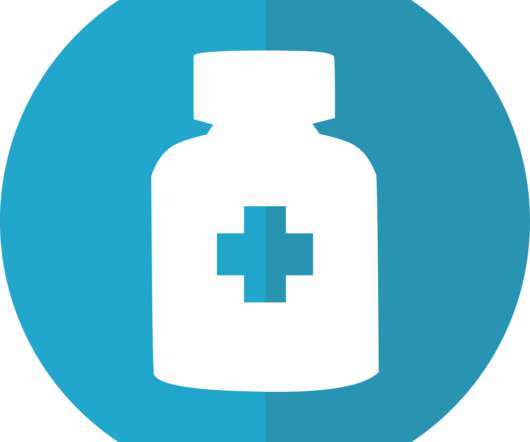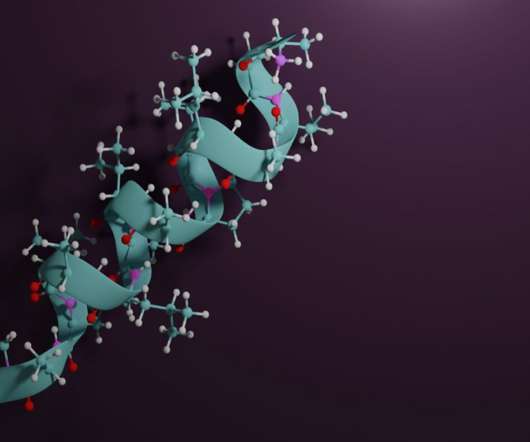Oral Protein / Peptide-based Drugs: Addressing Key Unmet Needs Across Disease Indications
Roots Analysis
MARCH 2, 2022
Orally administrable protein / peptide-based therapeutics offer several advantages including, effective treatment of numerous clinical conditions and degenerative disorders. Over 40 oral drug delivery technologies have been designed so far. Pipeline Overview of Oral Peptide and Protein-based Therapeutics.













Let's personalize your content